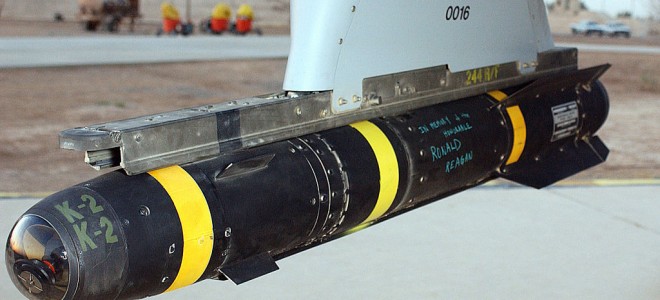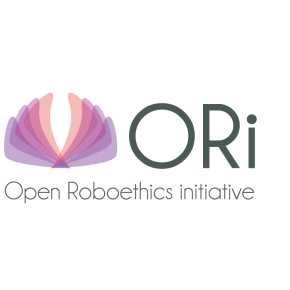
Robohub.org
Global majority want autonomous weapons banned: New report

The majority of people are against the use of autonomous weapons capable of identifying and destroying targets without human input, according to a new survey by researchers at the University of British Columbia.
This year, the Open Roboethics initiative conducted an international survey to engage members of the public in the discussion about lethal autonomous weapons systems — where the system makes the decision to use lethal force without requiring human intervention — and remotely operated weapons systems — those where a person in a remote location makes the decision.
With the help of numerous volunteer translators, we surveyed people’s opinions in 14 different languages, and received responses from over a 1000 participants from 54 different countries. Although we did not collect a representative number of responses from all 54 countries, the aggregated results of our survey show that our respondents are reluctant to endorse the development and use of lethal autonomous weapons.
Find out about this year’s results on our summary report, The Ethics and Governance of Lethal Autonomous Weapons Systems.
You can also take a detailed look at the results and translations of our survey with our interactive web report.
Public opinion on this topic is important, and can change over time. Therefore, we want to continue to engage you in our discussions on this topic by keeping the survey open. Help us to continue the discussion by completing our multi-lingual survey and sharing the link with others:
tags: c-Politics-Law-Society, lethal autonomous weapons




